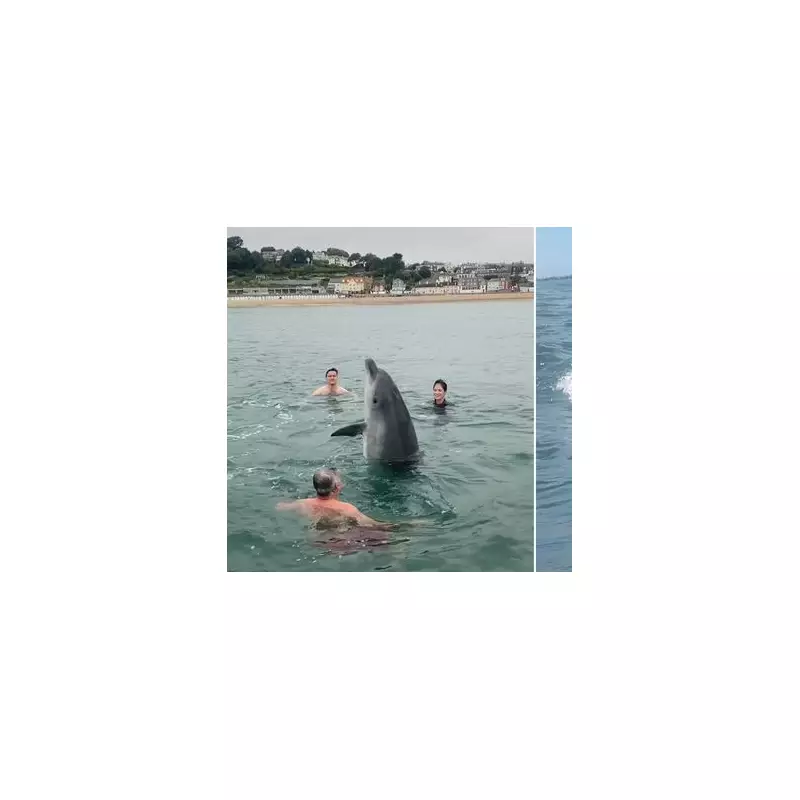
Britain's beloved bottlenose dolphins are revealing a startling and aggressive new side to their nature, leaving marine biologists deeply concerned. Exclusive research has uncovered a dramatic shift in their hunting tactics within UK waters, moving from playful acrobats to calculated, ruthless predators.
The study, leveraging state-of-the-art drone technology, has captured never-before-seen footage of these intelligent mammals. They are now actively targeting large, struggling fish caught in commercial fishing nets—a behaviour classified as high-risk and opportunistic.
A Disturbing Shift in Natural Behaviour
This isn't merely a change in diet; it represents a fundamental shift in the dolphins' natural foraging instincts. By exploiting human activity, they are engaging in a dangerous game. The research documents dolphins fearlessly approaching working trawlers and fishing vessels, putting them at direct risk of entanglement in nets or suffering catastrophic injuries from propellers.
Dr. Sarah Nelms, a lead researcher on the project from the University of Exeter, stated the behaviour is a clear sign of adaptation, but with severe consequences. "We're observing a terrifying new normal. They are becoming habituated to these vessels, seeing them as an easy source of food, but the trade-off is potentially deadly."
Cornwall's Coast: The Heart of the Phenomenon
The waters off Cornwall have become a primary hotspot for this alarming activity. The region's active fishing industry appears to be a major catalyst, creating an unnatural and hazardous feeding ground for the local dolphin populations that are a favourite among wildlife watchers.
The study categorises this behaviour as 'highly risky,' noting a sharp increase in reports of dolphins with severe wounds and scars from encounters with fishing gear. This new dependency on fisheries waste could also lead to nutritional deficiencies and alter social feeding structures that have existed for millennia.
The Urgent Call for Action
Scientists are now issuing an urgent warning. This trend poses a significant threat to the conservation success of bottlenose dolphins in British waters. The report calls for immediate collaboration between the fishing industry, conservation groups, and policymakers to develop mitigation strategies.
Suggested measures include trialing new deterrent devices on nets, modifying fishing practices in key areas, and establishing clearer guidelines for vessels encountering marine wildlife. The goal is to protect both the livelihoods of fishers and the long-term health of the UK's iconic dolphin populations before this terrifying behaviour becomes an irreversible tragedy.





